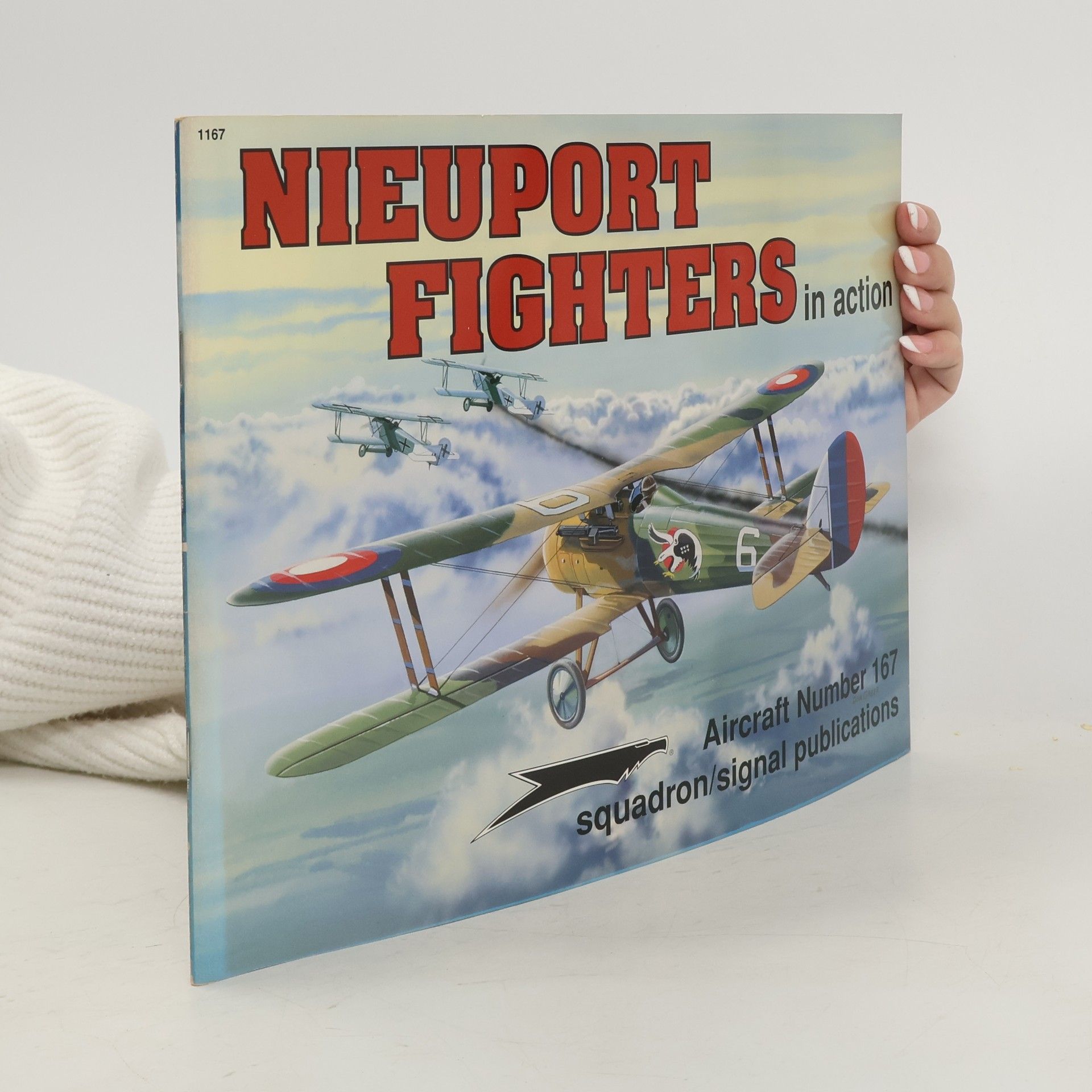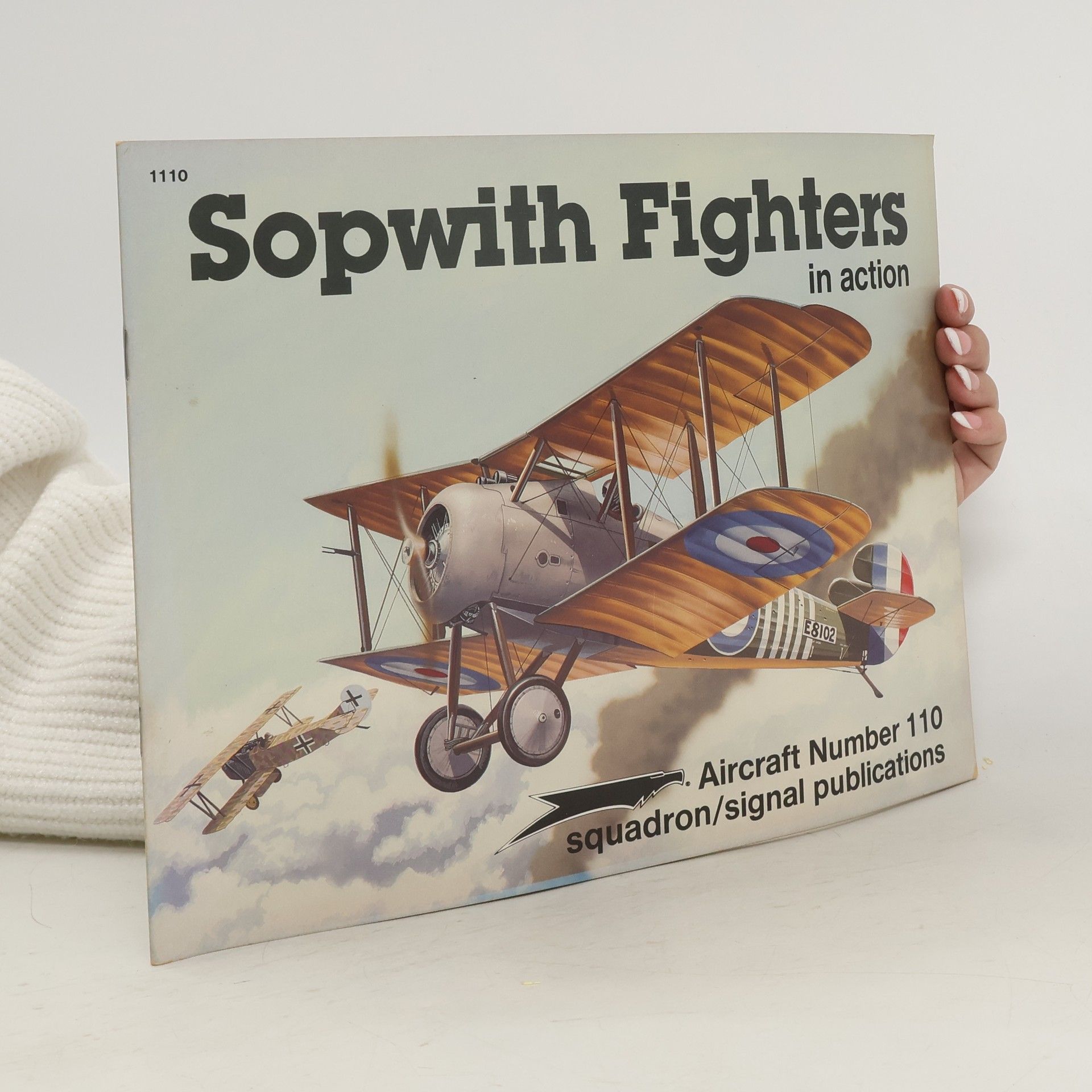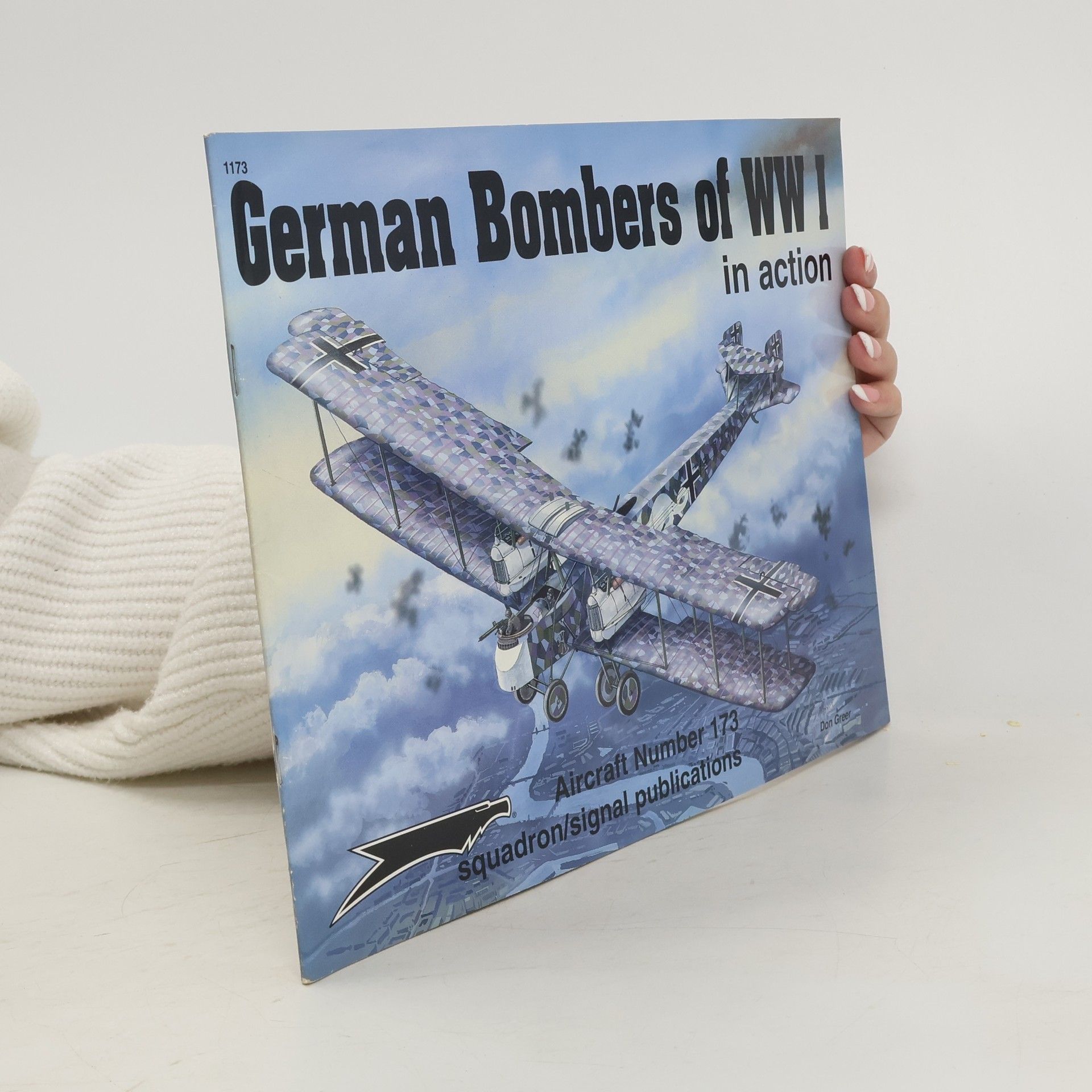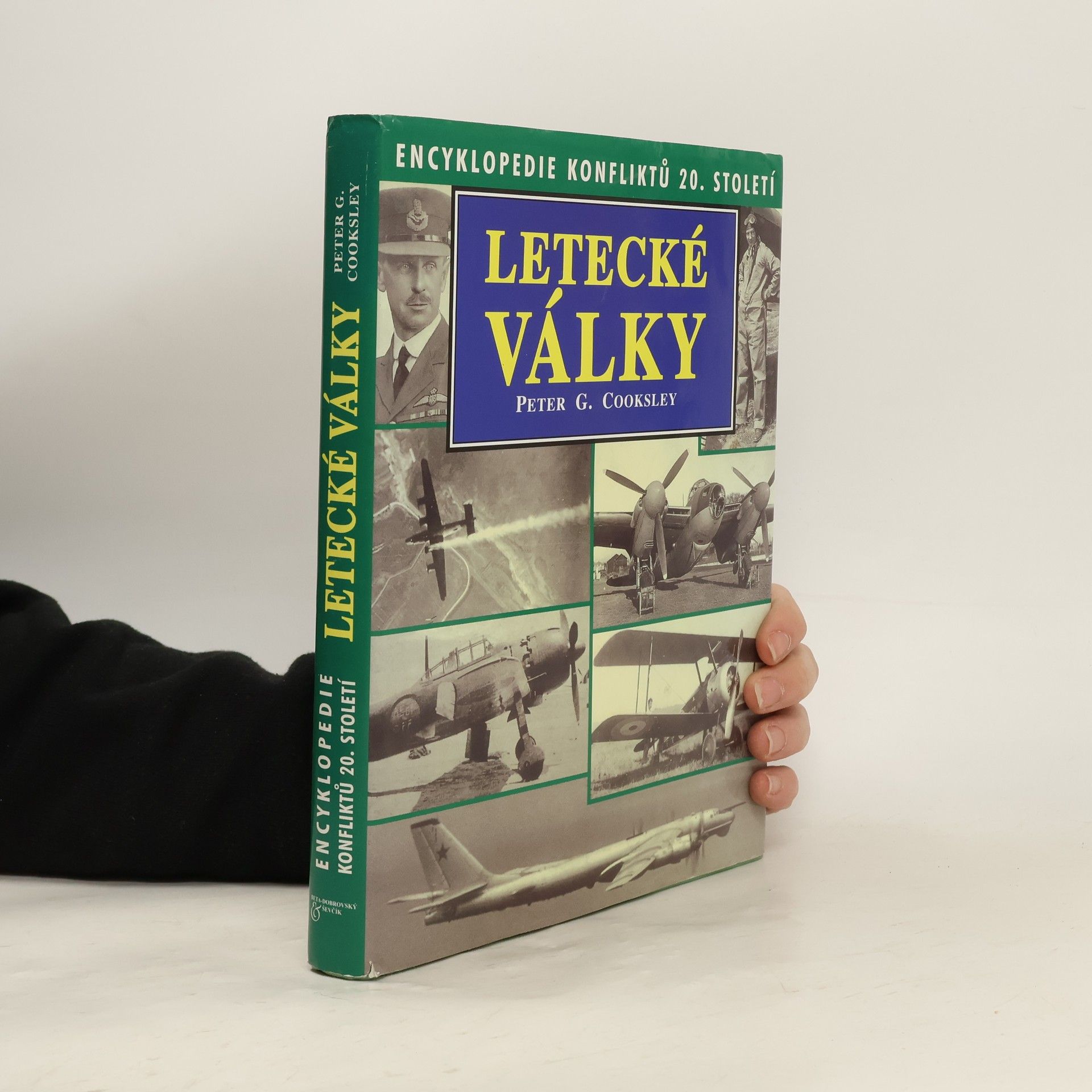Letecké války
- 298 stránek
- 11 hodin čtení






A two seat, fast bomber that entered service with the Royal Flying Corps during 1918. Continued in service well beyond the end of WW I in a number of roles. 100 photos, 13 color paintings, numerous line drawings. 50 pages.
Built and operated in large numbers by the British Royal Flying Corps during WWI. Used as fighters, reconnaissance aircraft, artillery spotters & bombers. Over 100 photos, 40 detail drawings, 2 pages of scale drawings, 13 full-color paintings. 50 pages.
It could be argued that the aircraft built at Thomas Sopwith's factory at Kingston-on-Thames contributed more to the Allied cause during the First World War than those of any other aircraft company. Of these, the Sopwith Camel is the best remembered. These aircraft made a great contribution to the development of the aircraft as a fighting machine at a time when the very science of flying was in its early stages - the world's first controlled flight having been made by the Wright brothers only some thirteen years before the first Sopwith Pup took to the air, The single seat Pup was to be the predecessor of a whole range of single seat fighters which were to continue as far as the limits of the rotary engine permitted.
Served England throughout WWI and into the post war years in both fighter and light bomber roles. Did not retire from service until 1927. Over 100 photos, 40 detail drawings, scale drawings, 13 color paintings. 50 pages.
What was life like during the war for the civilian population? What hardships did they endure? How did they live? What was the feeling of those who stayed at home? The author tells us the true story of civilians at war on the Home Front.